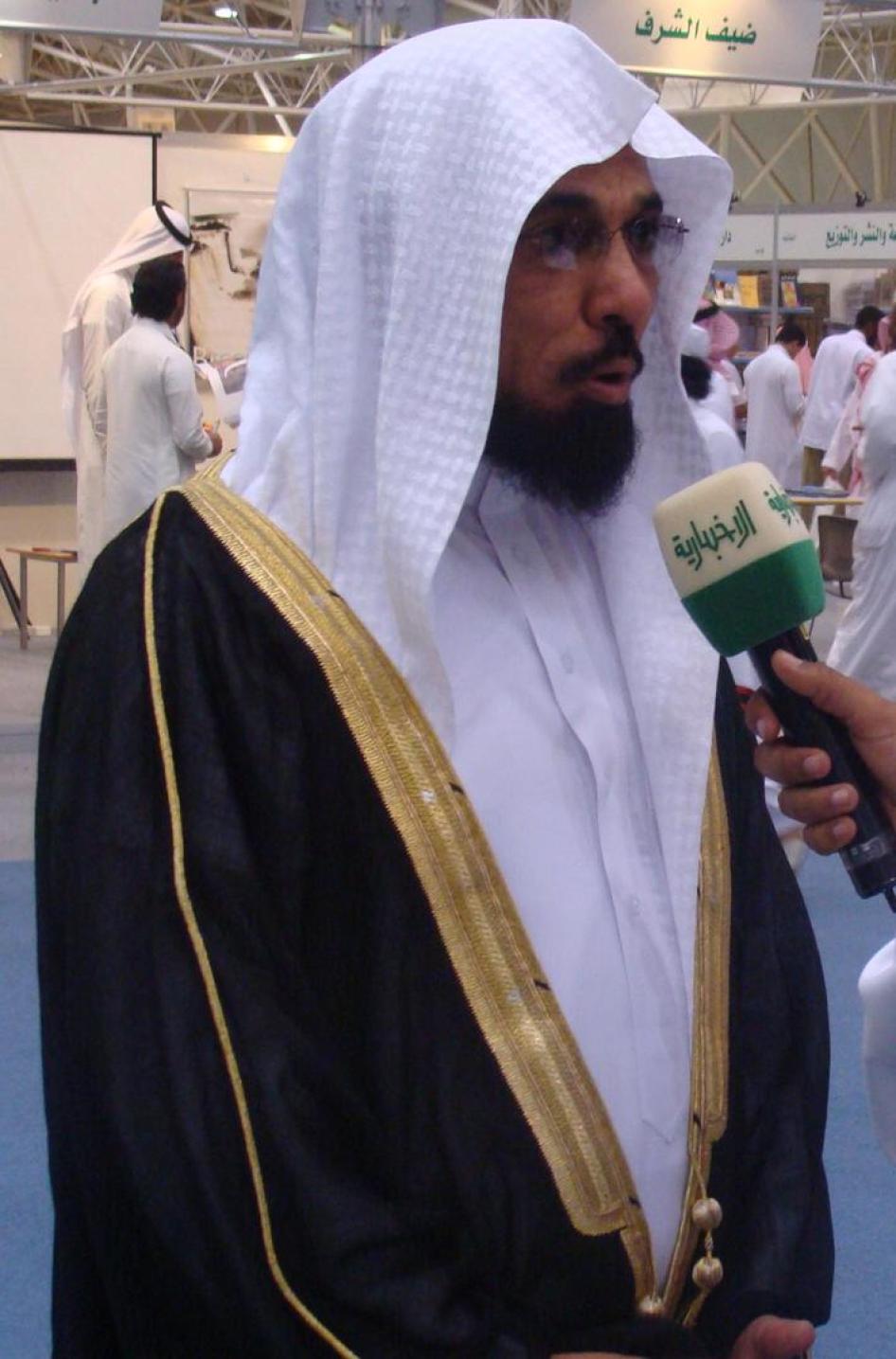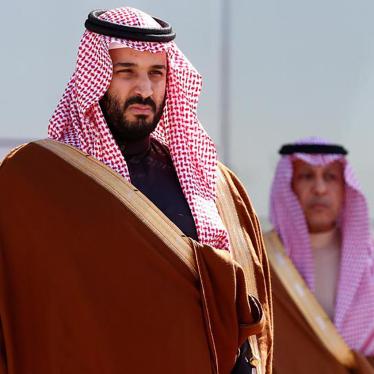Al-Awda was among the first of dozens of people detained in mid-September. On September 12, Saudi authorities confirmed a crackdown against those acting “for the benefit of foreign parties against the security of the kingdom and its interests.” Saudi authorities carried out another wave of arrests in early November against people they accused of corruption and held many, arbitrarily, at five-star hotels until they agreed to turn over assets to the state.
“Crown Prince Mohammad bin Salman’s efforts to reform the Saudi economy and society are bound to fail if his justice system scorns the rule of law by ordering arbitrary arrests and punishments,” said Sarah Leah Whitson, Middle East director at Human Rights Watch. “There’s no justification for punishing family members of a detainee without showing even the slightest evidence or accusation of wrongdoing on their part.”
A family member said that two men who identified themselves as State Security arrived at 6 p.m. on September 7, ignored requests to show a warrant, searched the house, and detained al-Awda.
Saudi authorities have neither questioned nor charged al-Awda, the family member said, and have held him in solitary confinement. He said he believed that al-Awda was being held because he hadn’t complied with an order from Saudi authorities to tweet a specific text to support the Saudi-led isolation of Qatar. Instead, he posted a tweet on September 9, the second part of which stated, “may God harmonize between their hearts for the good of their people,” an apparent call for reconciliation between the Gulf countries.
The family member said that authorities have permitted al-Awda only one 13-minute phone call, in October.
Authorities detained al-Awda’s brother Khaled after he tweeted about his brother’s detention, media reported. He remains in detention. Al-Awda’s family member said Saudi authorities imposed travel bans on 17 members of his immediate family, one of whom discovered the ban when attempting to leave the country. He said the immigration officer told his family member that the royal court itself had imposed the travel bans for unspecified reasons.
Human Rights Watch has documented Saudi Arabia’s rampant use of arbitrary travel bans and detentions of Saudi citizens over the years. Authorities have often broken Saudi law in imposing travel bans, Human Rights Watch found. Aside from a court ruling, the authorities may impose bans “for defined reasons related to security and for a known period” and must notify those banned within one week of the ban. Human Rights Watch found that many Saudi citizens only learned of their ban at airports, land crossings, and passport departments months or years after they were imposed. In many cases the authorities do not inform those banned from travelling of the reasons.
Al-Awda is among dozens of dissidents, writers, and clerics detained since mid-September. Activists have circulated lists of more than 60 people being held, though Saudi authorities have not released information about their cases.
Other prominent detainees in the group include Essam al-Zamil, an economist, Mustafa al-Hasan, an academic, Abdullah Al-Malki, a writer, and dozens of other clerics including Awad al-Qarni, Ibrahim al-Nasser, and Ibrahim al-Fares. Authorities imprisoned human rights activists Abdulaziz al-Shubaily and Issa al-Hamid around the same time, both had recently lost appeals of convictions for their human rights work following unfair trials.
Saudi courts have convicted at least 25 prominent activists and dissidents since 2011. Many faced sentences as long as 10 or 15 years, largely under broad, catch-all charges designed to criminalize peaceful dissent. They include “breaking allegiance with the ruler,” “sowing discord,” “inciting public opinion,” “setting up an unlicensed organization,” and vague provisions from the 2007 cybercrime law.
Since 2014, Saudi authorities have tried nearly all peaceful dissidents in the Specialized Criminal Court, Saudi Arabia’s terrorism tribunal.
Authorities have prosecuted nearly all activists associated with the Saudi Civil and Political Rights Association (ACPRA), one of Saudi Arabia’s first civic organizations, which called for broad political reform in interpretations of Islamic law. A Saudi court formally dissolved and banned the group in March 2013. The members faced similar vague charges, including disparaging and insulting judicial authorities, inciting public opinion, insulting religious leaders, participating in setting up an unlicensed organization, and violating the cybercrime law.
Saudi activists and dissidents currently serving long prison terms based solely on their peaceful activism include Waleed Abu al-Khair, Mohammed al-Qahtani, Abdullah al-Hamid, Fadhil al-Manasif, Abdulkareem al-Khodr, Fowzan al-Harbi, Raif Badawi, Saleh al-Ashwan, Abdulrahman al-Hamid, Zuhair Kutbi, Alaa Brinji, and Nadhir al-Majed. Activists Issa al-Nukheifi and Essam Koshak are currently on trial. Mohammed al-Oteibi and Abdullah Attawi are currently on trial for forming a human rights organization in 2013.
“If Mohammad bin Salman wants to show that a new era has begun in Saudi Arabia, a refreshing first step would be the release of activists and dissidents who have never been charged with a recognizable crime and should never have gone to jail in the first place,” Whitson said.









